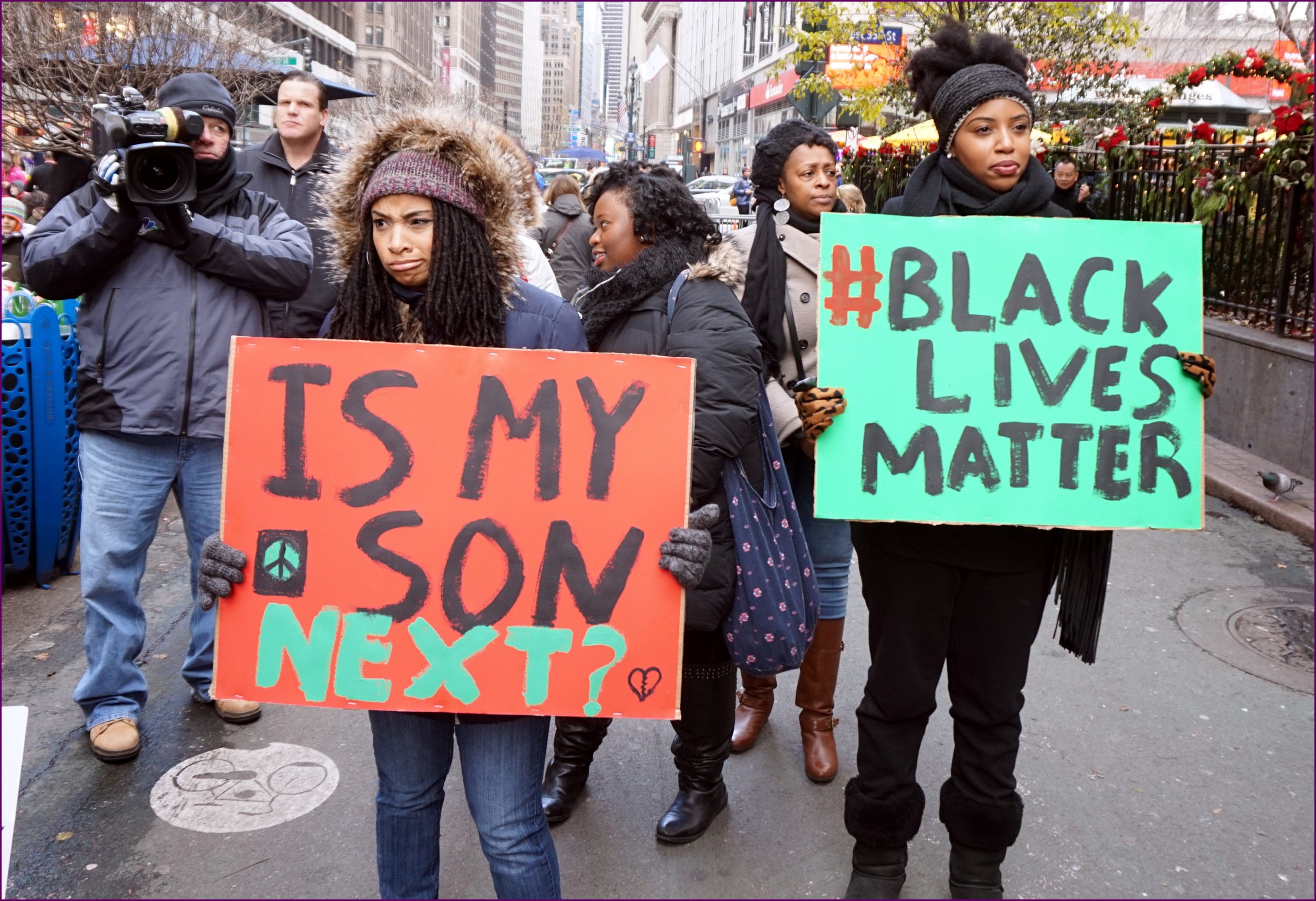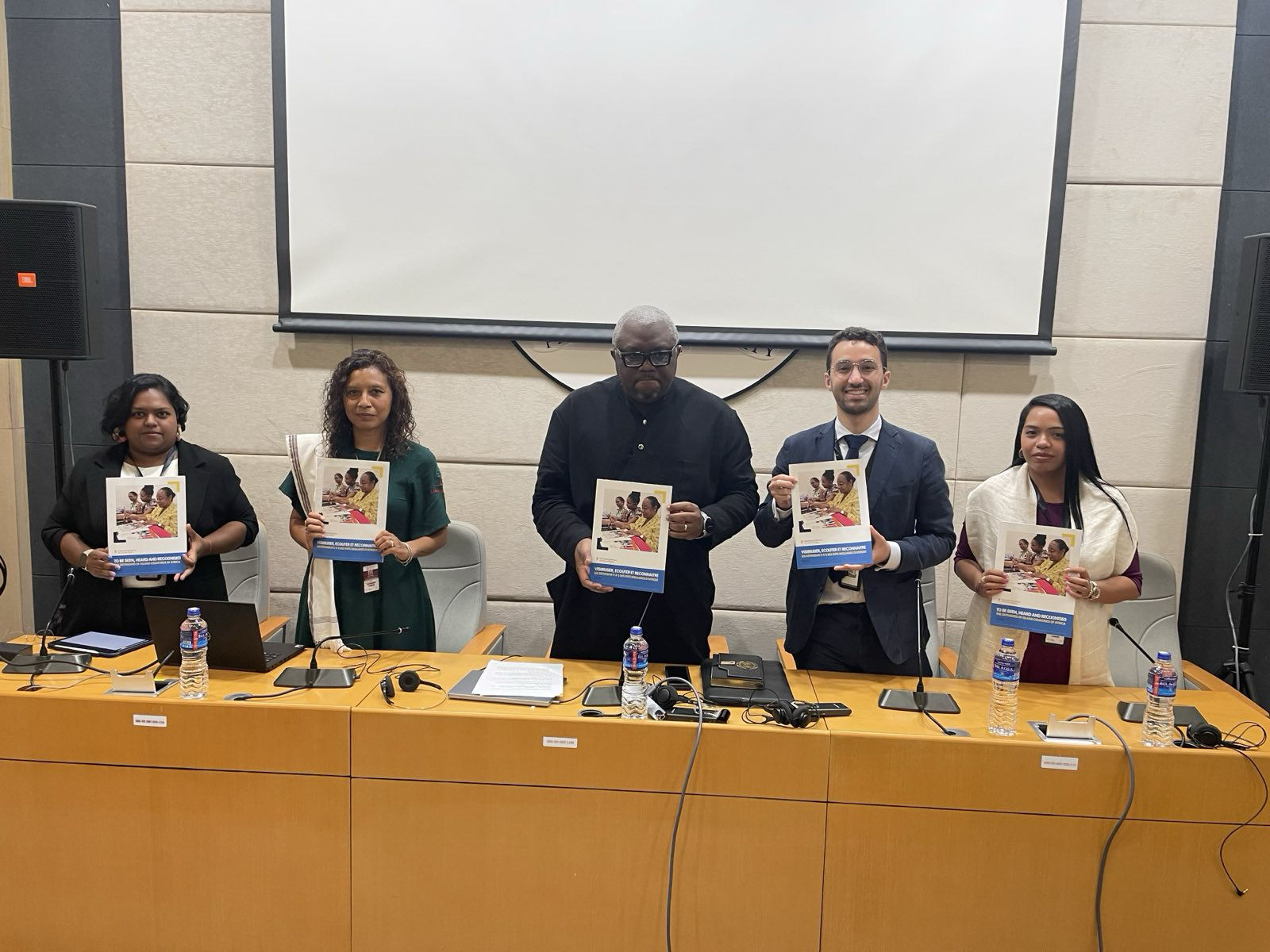
Egypt: Reform unjust vice laws, guarantee open civic space
During Egypt's UPR adoption at HRC59, Nora Noralla delivered a joint statement on behalf of ISHR, Cairo 52 and Middle East Democracy Center. Watch and read the full statement below.
Photo: Commons Wikipedia

Everyone is entitled to walk the streets in peace and come back home alive without fearing for their safety when encountering law enforcement officers. This right still remains denied to many people of African descent (PAD) in the US and abroad. This is why on Monday, over 140 families of victims and 360 NGOs called on the High Commissioner to focus her upcoming report on police violence on the lives of PAD.
ISHR joined 144 families of victims of police violence and over 360 civil society organisations to endorse this letter sent to the UN High Commissioner for Human Rights on Monday regarding the implementation of the recent Human Rights Council resolution adopted on 19 June 2020. This resolution followed an urgent debate at the Council ‘on current racially inspired human rights violations, systemic racism, police brutality and violence against peaceful protests.’
Though the urgent debate prompted by the African group initially called for the establishment of an actual commission of inquiry on the US and other countries, due to acute diplomatic pressure from the US and its allies, the Council finally decided to instead mandate the High Commissioner with preparing a report on systemic racism, police violence, and government responses to antiracism protests and share regular updates on the issue at Council’s sessions.
Nevertheless, this report and the upcoming updates still present an opportunity to place racially-charged police violence under the Council’s scrutiny on a regular basis. This is why families of victims and civil society called on the High Commissioner to focus the report on the lives of PAD and prepare it in close collaboration with them. ‘This requires inclusive outreach to communities of color and the creation of meaningful, safe,and accessible opportunities for consultation’ the signatories said.
“The Council has an essential role to play in ensuring accountability for victims and we call on the High Commssioner to recommend a concrete path forward for the Council”, said Salma El Hosseiny, ISHR Human Rights Council Programme Manager.
Read the letter here. On 19 August 2020, the High Commissioner responded to the letter. Read the response here.

During Egypt's UPR adoption at HRC59, Nora Noralla delivered a joint statement on behalf of ISHR, Cairo 52 and Middle East Democracy Center. Watch and read the full statement below.

The 59th session of the UN Human Rights Council (16 June to 9 July 2025) will consider issues including civil society space, climate change, sexual orientation and gender identity, violence and discrimination against women and girls, poverty, peaceful assembly and association, and freedom of expression, among others. It will also present an opportunity to address grave human rights situations including in Afghanistan, Belarus, China, Eritrea, Israel and oPt, Sudan, Syria and Venezuela, among many others. Here’s an overview of some of the key issues on the agenda.

On 4 May 2025, on the sidelines of the 83rd Ordinary Session of the African Commission on Human and Peoples’ Rights (ACHPR) in Banjul, ISHR officially launched its new report on the situation of human rights defenders in the African island states: Cape Verde, Comoros, Madagascar, Mauritius, São Tomé and Príncipe, and Seychelles.